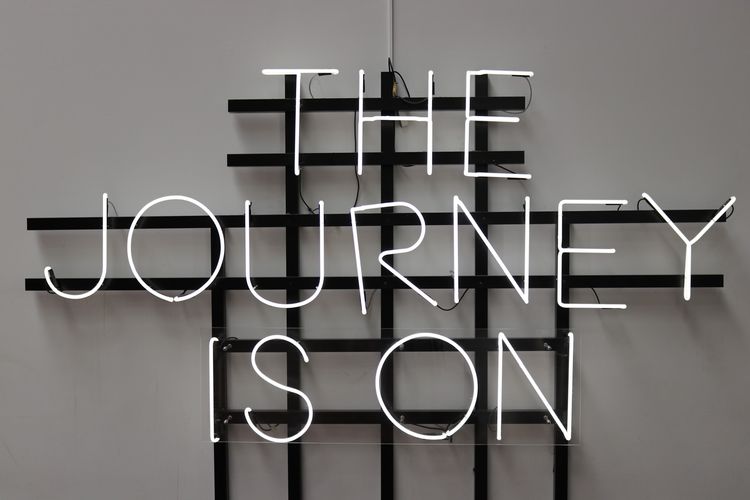Meet the Human Enterprise™

The Human Enterprise™ is a framework for living that is a significant departure from the three stage life cycle around which we have organized society, the economy, and our lives in the industrial era. Those being:
- Education -- the first 20-25 years
- Work -- the next 35-40 years
- Retirement -- the final 20-25 years
To embrace this new framework will require us to take a longer, multi-stage view of how we live, love, and learn - a 100 year view, a perpetual view, an enterprise view.
Longevity of the Enterprise
There are a number of definitions of the term enterprise. There are two that are most relevant to this article.
The first is as a unit of economic organization or activity, especially a business organization. A business, a firm, a company, an enterprise - exists, or attempts to exist, in perpetuity. However, a recent study by McKinsey found that the average life-span of companies listed in Standard & Poor’s 500 was 61 years in 1958. Today, it is less than 18 years. This introduces a growing sense of volatility and discontinuity to our lives which did not exist previously.
At the same time, human lifespans are increasing. Most children in the developed world born since 2000 can expect to live up to 100 years and beyond. Looking through the lens of longevity, thinking of ourselves as enterprises of the human kind starts to make sense.
The second definition of enterprise is as a project or undertaking that is especially difficult, complicated, or risky. It is difficult, even controversial to depart from the traditional three stage life.
But depart we must.
We must stop thinking that education ends when one graduates from school or college. We must rid ourselves of the idea that we will have one career and that it will last for four decades. The world simply doesn't work that way anymore, if it ever actually did. Most of us will simply live too long, and that's a good thing. Right?
The Three Things an Enterprise Does
I readily admit to an oversimplification below. I am simplifying to make what I hope is a clear point. We can adopt an enterprise approach to life, and take control of how we live in these times of tremendous societal, technological, and demographic change.
What does an enterprise actually do?
Three things...
- It creates, produces, or provides goods and services to create revenues. The human enterprise analog for that is selling our labor, talent, creativity - our human capital - to willing buyers, most often to other enterprises. As blockchain and other digital structures evolve and mature over time, opportunities to monetize our human capital will only increase in frequency and magnitude.
- It controls or reduces expenses to maintain or expand profit margins. We can think of the human enterprise equivalent as watching what we spend on discretionary items such as food, clothing, or travel, by deciding on the size of house we buy, what kind of car we drive, or what kind of education we want to provide for our children.
- It re-invests profits in the business to perpetuate the life of the enterprise, paying out any excess in the form of dividends to its owners. An analog for the human enterprise might be to invest in our own education throughout our lives - lifelong learning. This pays two kinds of dividends: it extends the productive capacity of our human capital - our earnings power - and it also extends our healthy lifespan by keeping our minds active. Another analog for the human enterprise would be investing in our physical health by taking advantage of the significant research developments happening in longevity and personalized medicine.
The excess "profits" paid out to enterprise owners in the form of dividends could be thought of, in the context of the human enterprise, as what we save and invest.
Lifespan = Healthspan + Wealthspan.
By adopting the Human Enterprise™ framework for living, we no longer have to anchor to a date or a number to "retire" in the traditional sense. We are more free to live the life we want along the way, moving through more, but less "momentous", life transitions than we have with the traditional three stage life. By investing in the longevity of our enterprise - our healthspan, we also add to the amount of financial capital we save over our lives - our wealthspan. This will create a virtuous cycle of a longer, happier, more enjoyable Human Enterprise™.
***
Join the other geniuses who are reading this newsletter.


